3 THINGS TO KNOW TO PREVENT A REAL ESTATE INVESTMENT DISASTER

One of the best ways to generate income is through real estate investment. Since I work with many people who are starting in this new venture and hear the errors they have made, I decided to share tips with you so that you can avoid some of their mistakes.
Real estate investment can be a source of income for you through one of several ways, like rental income or appreciation. Investors can use real estate to diversify their assets beyond traditional financial stocks or mutual funds. When done correctly, it can be a great way to create wealth for yourself and your family.
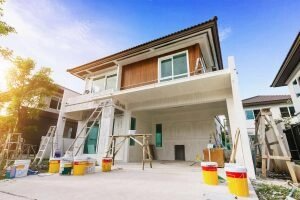
Modern house under renovation
1.KNOW YOUR RISK TOLERANCE
What type of investor are you? Do you like passive income or a quick turnaround? What is your timeline for your investment? These are fundamental questions that most investors don’t consider. They hear someone they know or see it on TV and buy into the investment idea without giving it too much thought. Later, they realize that they don’t have the same risk tolerance or the timeline that they wanted out of it. Ask yourself the following questions:
- What type of risk are you willing to take?
- What happens if the market changes? Are you willing to hold it for the long term?
- Are you looking to make a steady income stream?
Based on your answers, you will make different choices that align with your personality and investment style.
2.NUMBERS, NUMBERS, NUMBERS….
There are many metrics that I would look at for each investment. I often look at metrics so that I am objective in analyzing the investment. After all, you are looking to add to your bottom line. A couple of metrics to consider:
- Capital invested – This represents how much funds is required to get the project going. This could be a down payment to purchase the property or the investment required to improve the property, such as construction costs.
- Cash flow: This is the flow of funds going in and out each month. You need to know how much cash flow will be flowing in or out each month. There are situations in which you may be able to profit on your investment, but your cash flow is negative because it is locked up in the house until it has been sold.
- Market Appreciation: Has the property value increased over the past year or the past 5 years? You want to know upfront that your investment will appreciate over time.
- Cost per square foot: This is to ensure that you are not overpaying for your investment compared to the neighborhood or regional averages.
- Transaction costs: These are the other costs related to the buying or selling of the investment, such as escrow, taxes, attorney fees, etc. that will reduce your profits.
- Potential/Expected Gains: what is the potential gain that you would like to make with this investment? What is the best-case scenario? Are there any downsides? What is the most likely scenario? This will help you to understand if the reward is worth the risk.
Once you know your numbers, you can decide what type of real estate investment to make.
3.INVESTMENT PORTFOLIO – WHAT TO INVEST IN?
There are many choices to make in investment. The two types of real estate investments that you should consider:
RENTAL PROPERTIES
Rental properties, the classic example of real estate investment, are great investments for those who have the capital to cover the upfront costs and are willing to manage tenants. Since you would own the property straight out, you would be able to take advantage of the equity earned to leverage other investments. Also, the tax-deductions you can take on the property can be sizeable. Don’t limit yourself only to residential property; commercial properties are potential candidates as well.
HOUSE FLIPPING
For real estate investors, house flipping can offer a high return and only ties up your capital for a short time. To get into house flipping, you should have some experience in real estate evaluation, renovation, marketing, and investing. The experience is essential because what flippers look for is the intrinsic value of a house and all the other factors (location, schools, etc.) when buying the property.
Keep in mind that hot markets can suddenly and unexpectedly turn cold, tying up your capital longer than anticipated and digging into your profits. If you want to get started with flipping but don’t want to overhaul a house, try buying a property that is reasonably priced and in good condition and adding value to it.
FINAL THOUGHTS
Real estate investment can seem daunting, but it isn’t if you know your risk tolerance and desired outcome. Having the right tools and information and people with experience to partner alongside you are especially important for your first time or your tenth time. If you are considering real estate investment, do your homework and talk to a real estate professional.
As a top producing agent with 20+ years of experience in the East Bay, I have helped hundreds of clients build their wealth through real estate in the Greater San Francisco Bay area and the counties of Alameda and Contra Costa. As a former appraiser, my experience allows me to help my buyers know that they are paying the right price for their investment. If you have any questions, I am here to be a resource for you. I love talking about real estate investing.
Categories
Recent Posts

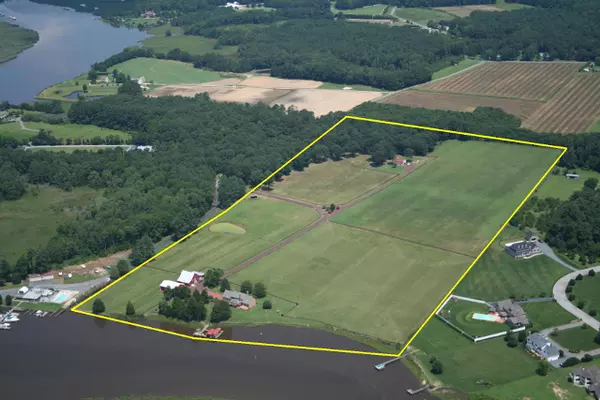
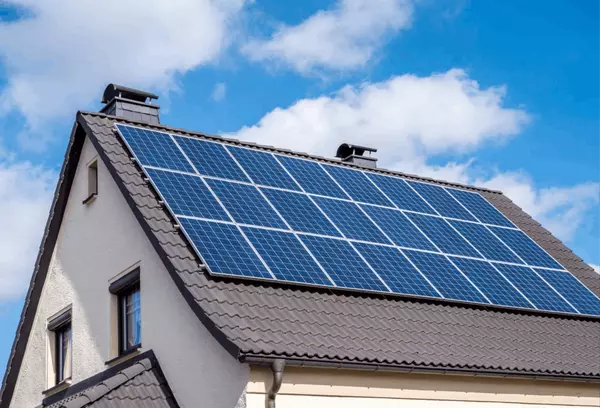


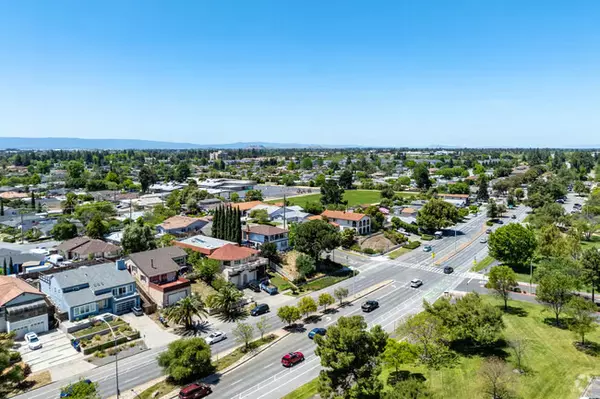
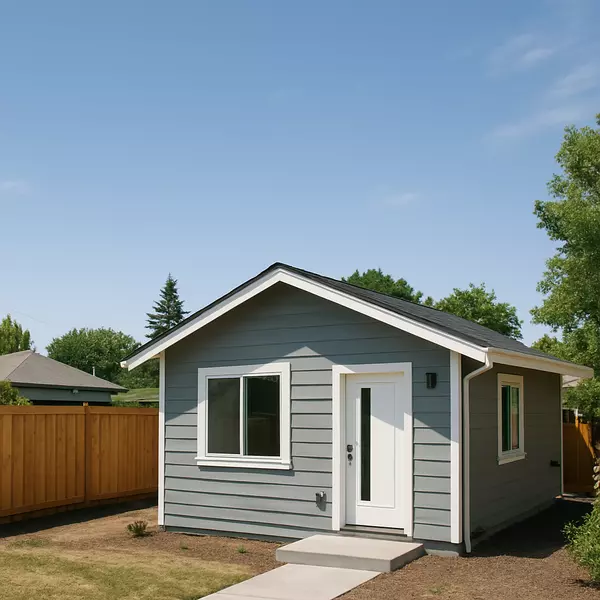
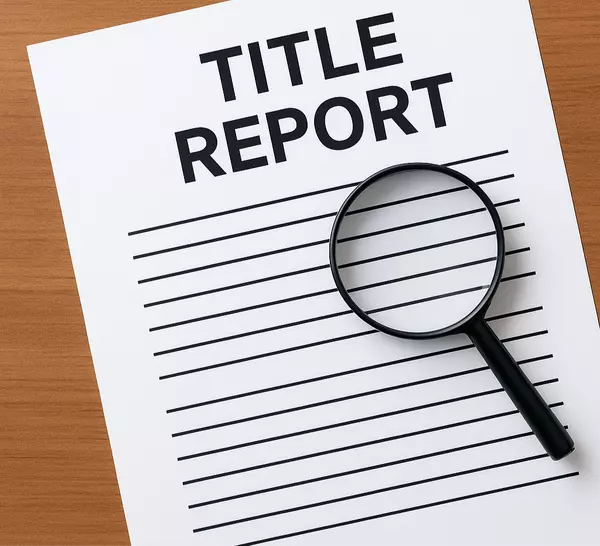


GET MORE INFORMATION

Parisa Samimi
Founder & Real Estate Broker | License ID: 01858122
Founder & Real Estate Broker License ID: 01858122
